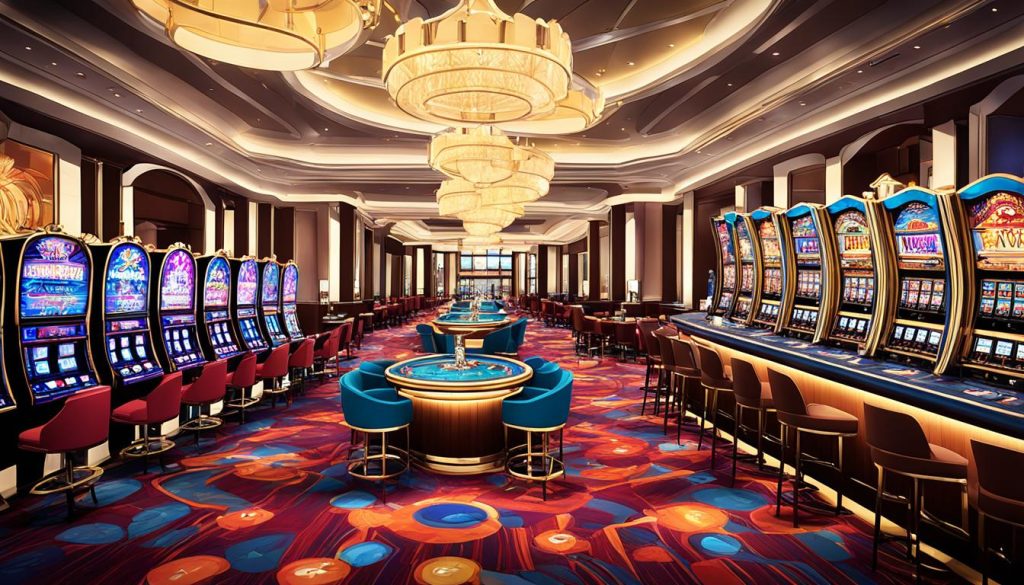


With the rapid growth of online and land-based casino gaming, the importance of player protection systems has never been greater. Around the globe, countries implement various measures to ensure player safety, promote responsible gaming, and minimize gambling-related harm. However, each country’s approach varies, and some have become global leaders in this domain. Here’s a look at some of the most effective player protection systems in the casino industry, and an analysis of which country sets the highest standard.
Gambling offers entertainment, excitement, and potential rewards, but it also comes with inherent risks, especially for vulnerable players. Effective player protection systems help mitigate these risks by promoting responsible gambling and providing support for players who may develop problematic habits. Such systems include self-exclusion programs, deposit limits, behavior monitoring, and mental health resources, ensuring that players can enjoy the gaming experience safely.
The United Kingdom is often seen as a pioneer in player protection within the gambling industry. The UK Gambling Commission (UKGC) oversees all licensed casinos and enforces stringent measures to safeguard players. Key components of the UK’s approach include:
These measures make the UK’s system comprehensive. However, some players may feel these restrictions are too limiting, and they turn to non-GamStop online casinos, which offer more flexible options while still promoting responsible gaming.
Sweden has established one of the strictest player protection frameworks under the Swedish Gambling Authority, Spelinspektionen. In 2019, Sweden implemented significant regulatory changes that included:
Sweden’s system is effective but may feel restrictive for some players, leading some to explore international options. For instance, platforms like 1337 Games feature casinos not registered with Spelinspektionen, providing players with more flexible alternatives while still maintaining safety protocols.
Germany’s approach to player protection has evolved significantly with the Interstate Treaty on Gambling, implemented in 2021. New rules require online casinos to follow strict guidelines, including:
While Germany’s approach is stringent, it focuses on harm reduction rather than banning. Players who want flexibility in their betting experience may opt for casinos without German licensing, such as those listed on international sites like 1337 Games.
Australia also has a proactive approach, with each state having its own regulations. Nationally, there is a self-exclusion system known as BetStop, which allows players to opt out of all licensed gambling services in the country. Additionally, Australian casinos must adhere to Responsible Gambling Codes of Practice, which include:
Australia’s approach is comprehensive, emphasizing player education and access to resources, which enhances its effectiveness as a protective system.
Each of these countries leads in player protection in unique ways, but the UK’s robust combination of regulations, self-exclusion, affordability checks, and deposit limits makes it a global leader. The UK Gambling Commission’s strict standards ensure that player safety is a top priority, making it difficult for individuals to wager beyond their means.
The best player protection system depends on individual needs and preferences. The UK leads with its comprehensive approach, while Sweden and Germany follow closely with strict measures that prioritize harm reduction. Australia’s unique blend of federal and state protections also serves as an effective model, highlighting the importance of accessible resources.
As online gambling continues to grow, other countries may look to these systems for inspiration. Regardless of the location, the core of any effective player protection system should always focus on player well-being and responsible gaming practices. Platforms like 1337 Games, while offering flexibility outside of strict national programs, remind players to approach gaming responsibly, ensuring a safe, enjoyable experience for all.